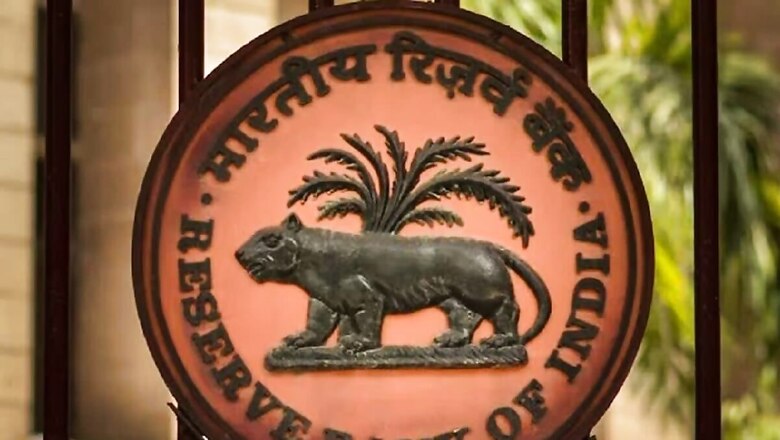
views
The Reserve Bank of India (RBI) on Thursday released draft guidelines proposing banks to assign additional liquidity buffers for accounts having internet and mobile banking (IMB) facilities to stave off any risks during times of stress.
The draft guidelines follow an announcement by Governor Shaktikanta Das in the April policy review, given the high usage of technological tools in banking that can lead to moving of funds without physically queuing up at bank branches.
“While increased usage of technology has facilitated the ability to make instantaneous bank transfers and withdrawals, it has also led to a concomitant increase in risks, requiring proactive management,” the draft circular amending the 2014-issued guidelines on Basel-III Framework on Liquidity Standards’ Liquidity Coverage Ratio (LCR), Liquidity Risk Monitoring Tools and LCR Disclosure Standards,” said.
The draft suggests banks shall assign an additional 5 per cent run-off factor for retail deposits, which are enabled with IMB facilities, wherein stable retail deposits enabled with IMB shall have 10 per cent run-off factor and less stable deposits enabled with IMB shall have 15 per cent run-off factor, the draft said.
It added that unsecured wholesale funding provided by non-financial small business customers shall be treated in accordance with the treatment of retail deposits.
The draft also says if a deposit hitherto excluded from LCR computation like a non-callable fixed deposit, is contractually pledged as collateral to a bank to secure a credit facility or loan, such deposit shall be treated as callable for LCR purposes.
Apart from this, it proposes that ‘level 1’ high quality liquid assets in the form of government securities shall be valued at an amount not greater than their current market value, adjusted for applicable haircuts in line with the margin requirements under the Liquidity Adjustment Facility (LAF) and Marginal Standing Facility (MSF), it said.
The circular will be applicable to all commercial banks, excluding payments banks, regional rural banks, and local area banks, it said, adding that it will be applicable from April 1, 2025.
Comments on the draft circular from the public are invited by August 31, it said.


















Comments
0 comment